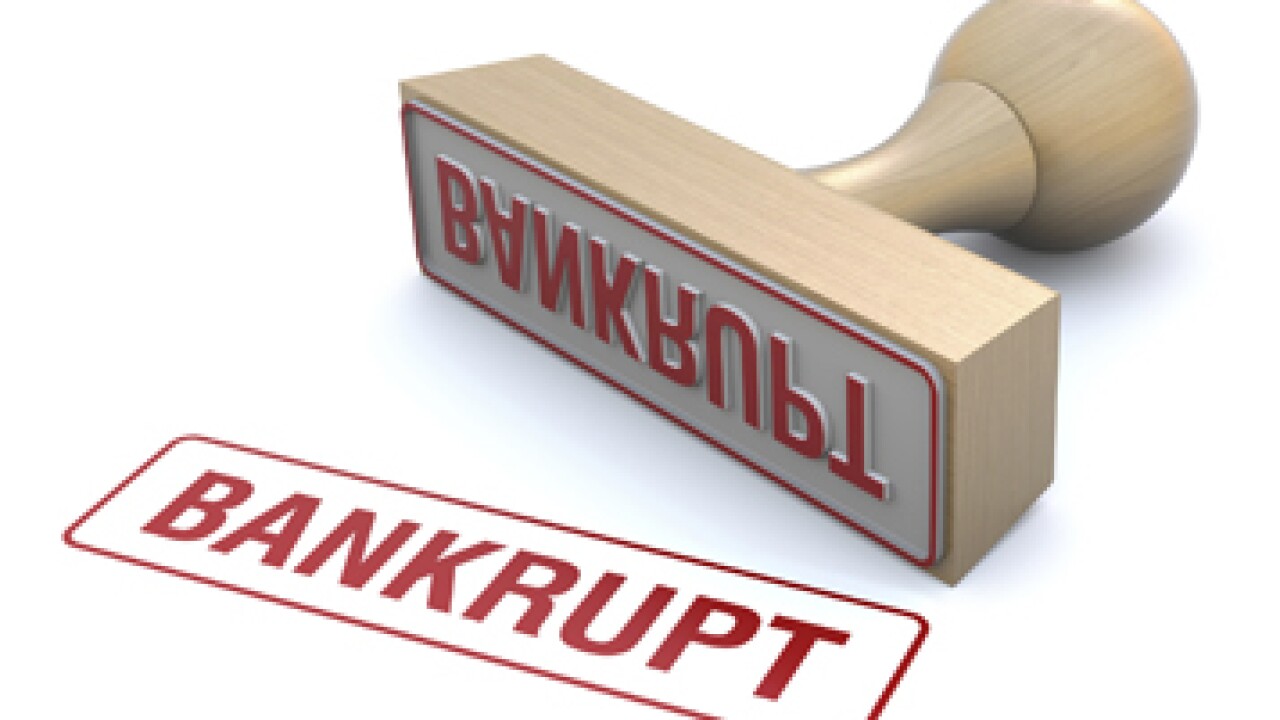
As the Texas Legislature's 2025 session nears its June 2 adjournment, some bills aiming to rein in local municipal bond issuance are still working their way through the process, while others have died.
A bill barrage followed a call to action from Republican Gov. Greg Abbott, who contended local tax hikes and general obligation bonds were backfilling a massive state-funded school property tax relief package approved in 2023 that state officials are pushing to expand this session.
He demanded lawmakers close what he called debt loopholes, impose supermajority requirements
Much of the Texas municipal market's focus was
The legislation did not make it out of the House Ways & Means Committee by a chamber deadline last week despite being sponsored by committee chair State Rep. Morgan Meyer and having a low bill number that flagged it as a high-priority measure.
It is highly unlikely "a bill of that magnitude" would get grafted onto another measure at this stage in the legislative session, according to Randall Erben, adjunct professor at the University of Texas at Austin School of Law.
"It had a low bill number, of course, but the legislators needed time to kind of digest it and say, 'Well, is this a good idea or not? Has this been done in other places?,'" Erben said, adding that is the purpose of off-session interim studies by the Republican-controlled legislature.
Still, the muni bond community is keeping watch on bills that have passed the Senate as possible candidates for amendments. They include
The April 21 House committee hearing on HB 19 drew a slew of opposition from cities, school districts, and others, who pointed to potential negative consequences.
"Establishing a 20% cap on the debt service rate would immediately prevent most local governments throughout the state from issuing any debt at all, and bring important capital programs to a halt," Austin Deputy Chief Financial Officer Kimberly Olivares said. "Further, it could create an impairment that might trigger a default by existing bondholders."
Byron Byrant, Royse City Independent School District's chief financial officer, said limiting local bond elections to the November ballot "might also cause a bottleneck in the bond market in the December, January time frame as districts who all pass bond elections will be entering the market at the same time, and that could cause higher borrowing costs."
Meyer, who said his "pro-taxpayer bill" was aimed at lowering property tax bills, signaled that alterations would be made to the measure.
His office did not respond to a request for comment on why the bill failed to advance.
A House bill that would
In November 2020, Austin
Litigation
A 2023 Texas Attorney General opinion determined state law "
Bill Aleshire, an attorney representing plaintiffs in the lawsuit, said concerns about legislative single-subject rules stalled HB 3879.
"This is just a straight bill on the philosophy of (maintenance and operations property taxes) being used for M and O and (interest and sinking property taxes) being used for debt service," bill sponsor State Sen. Paul Bettencourt, R-Harris County, said ahead of the 22-8 Senate vote.
While he noted the measure would not be retroactive or affect Project Connect, the bill would prohibit a city, county, or local government corporation from using voter-approved property tax revenue subject to annual appropriation to back public securities as soon as the bill becomes law.
If passed, that would be no later than Sept. 1, making any bond issuance unlikely due to ongoing litigation brought by property owners and by ATP itself.
Last year,
"I suspect this bill, if we get it passed, is going to be effective before the litigation is over," Aleshire said.
Bettencourt also filed a bill last week allowing property owners to obtain an injunction restraining the collection of property taxes "if the taxing unit adopts a tax rate that exceeds the voter-approval tax rate and subsequently takes an action that constitutes a material deviation from the stated purpose of the tax increase."
ATP declined to comment on the legislative developments.
Dallas Area Rapid Transit is also the target of legislation that sparked fears over its financial future and ability to pay off debt.
After
Identical House and Senate bills would create a General Mobility Program for DART that would send up to 25% of sales and use taxes collected in the transit agency's 13 member cities and towns back to the municipalities to fund infrastructure projects. The bills also called for restricting the pledge on bonds to no more than 75% of any tax DART may impose, while capping the sales tax rate at three quarters of a percent.
The House measure died after failing to meet a passage deadline last week and
"As in every legislative session, DART will continue to monitor the progress of bills that may impact the agency," DART said in a statement.
The Senate on May 6
An 80% vote would be needed to approve a GO bond proposal or maintenance and operations tax rate increase for a purpose that was rejected by the voters in the previous year.





